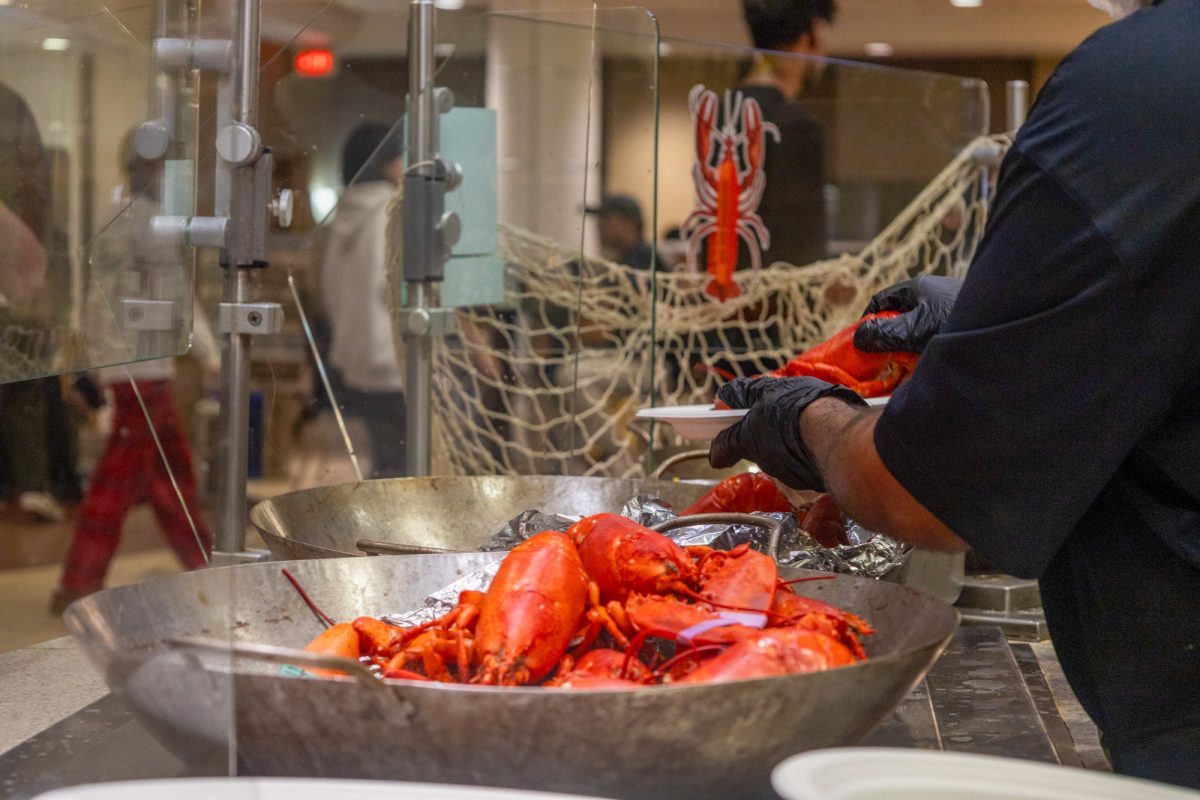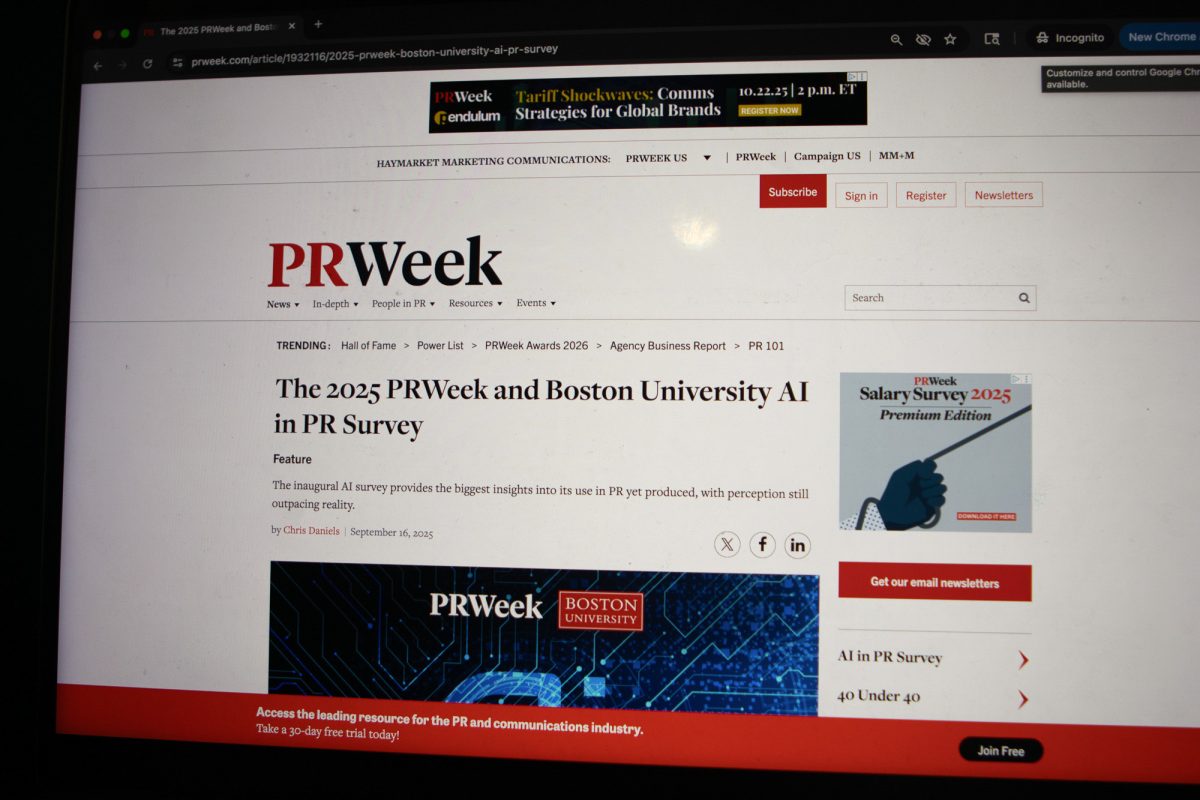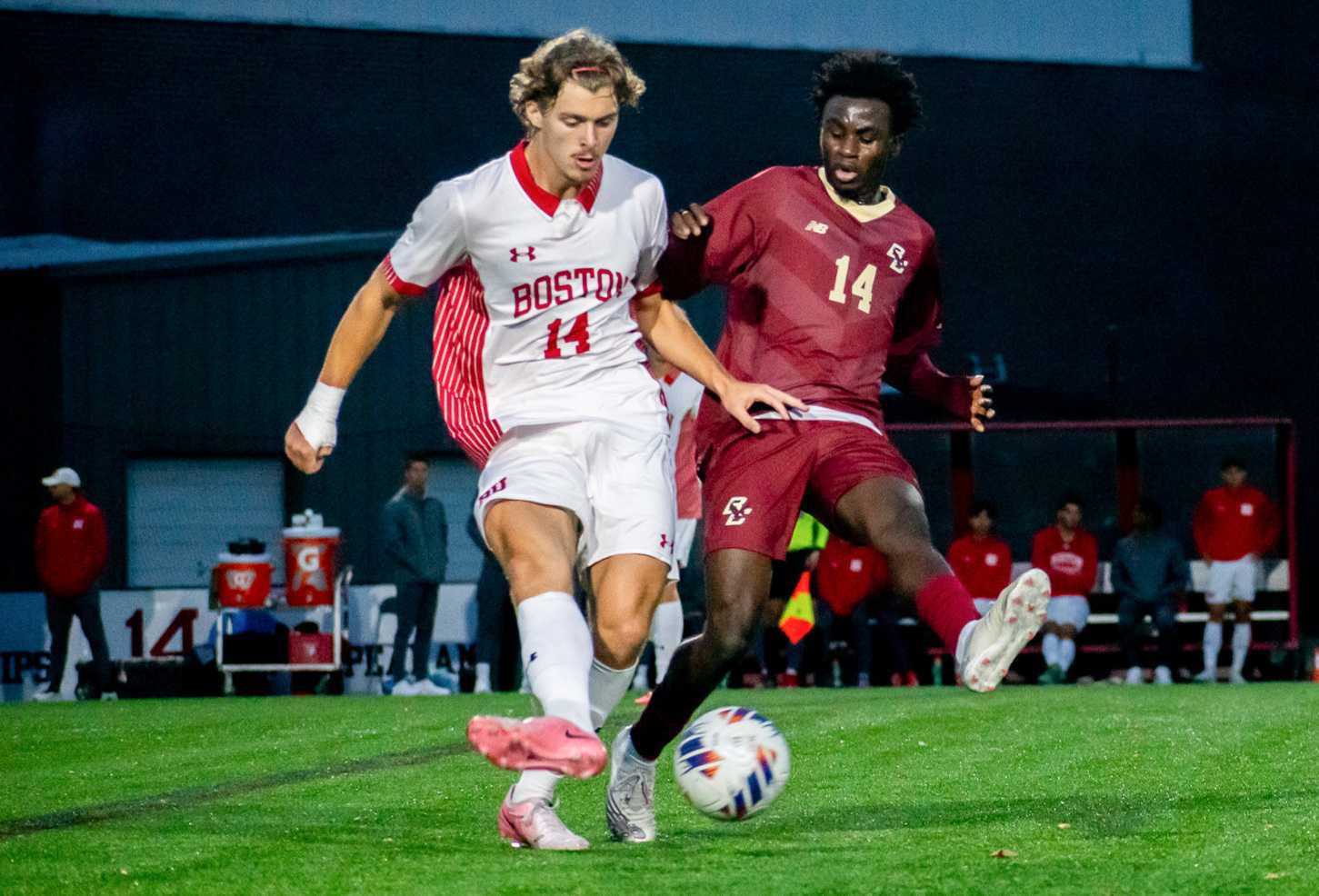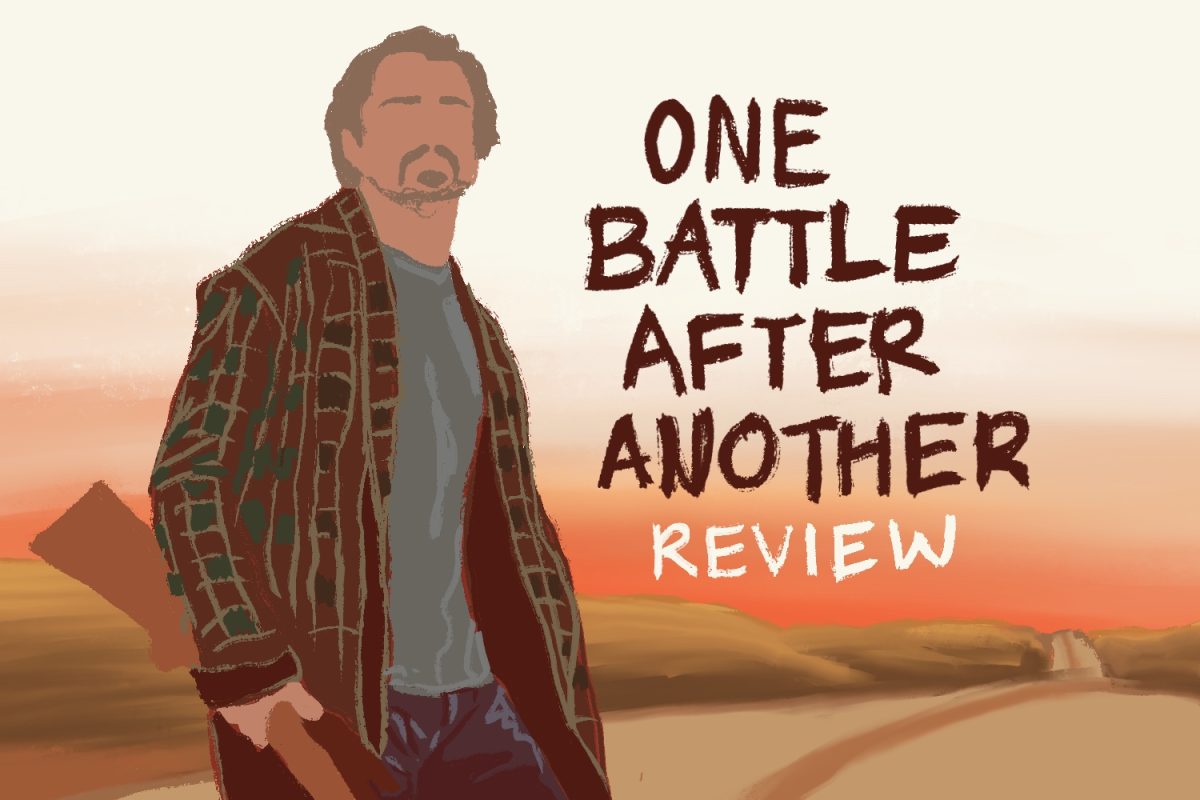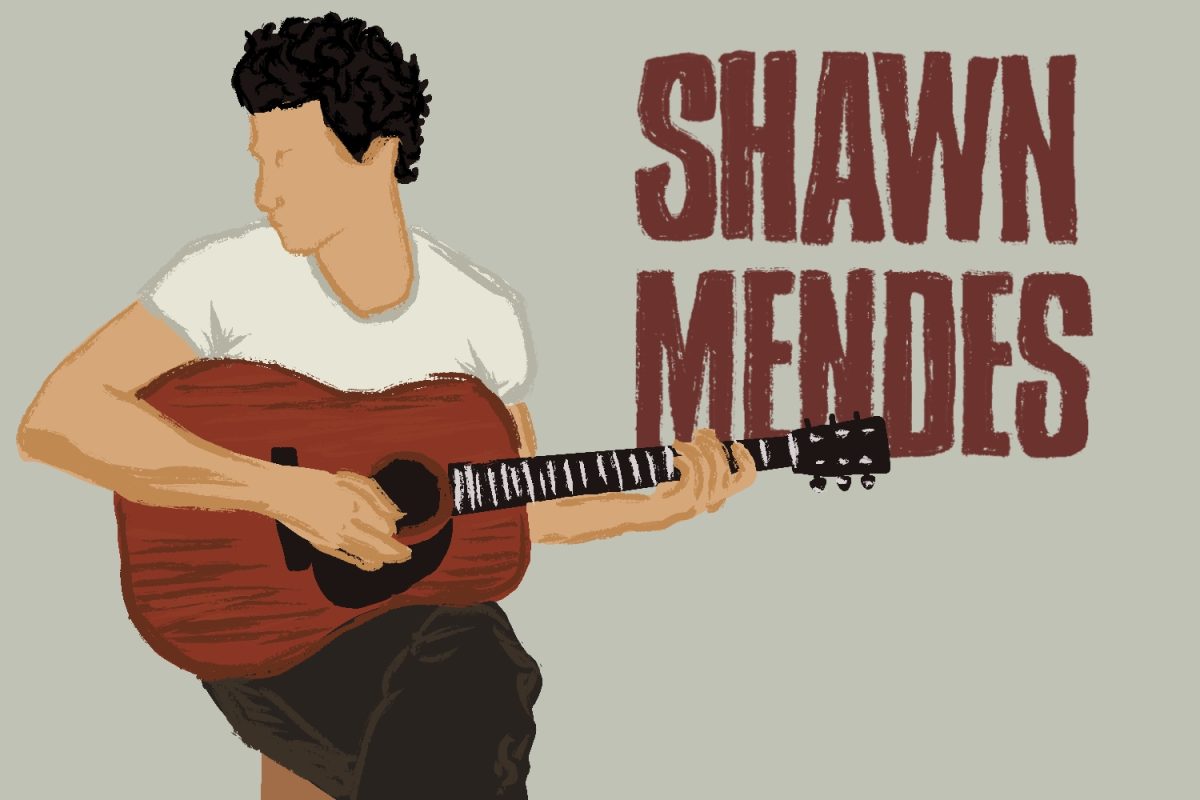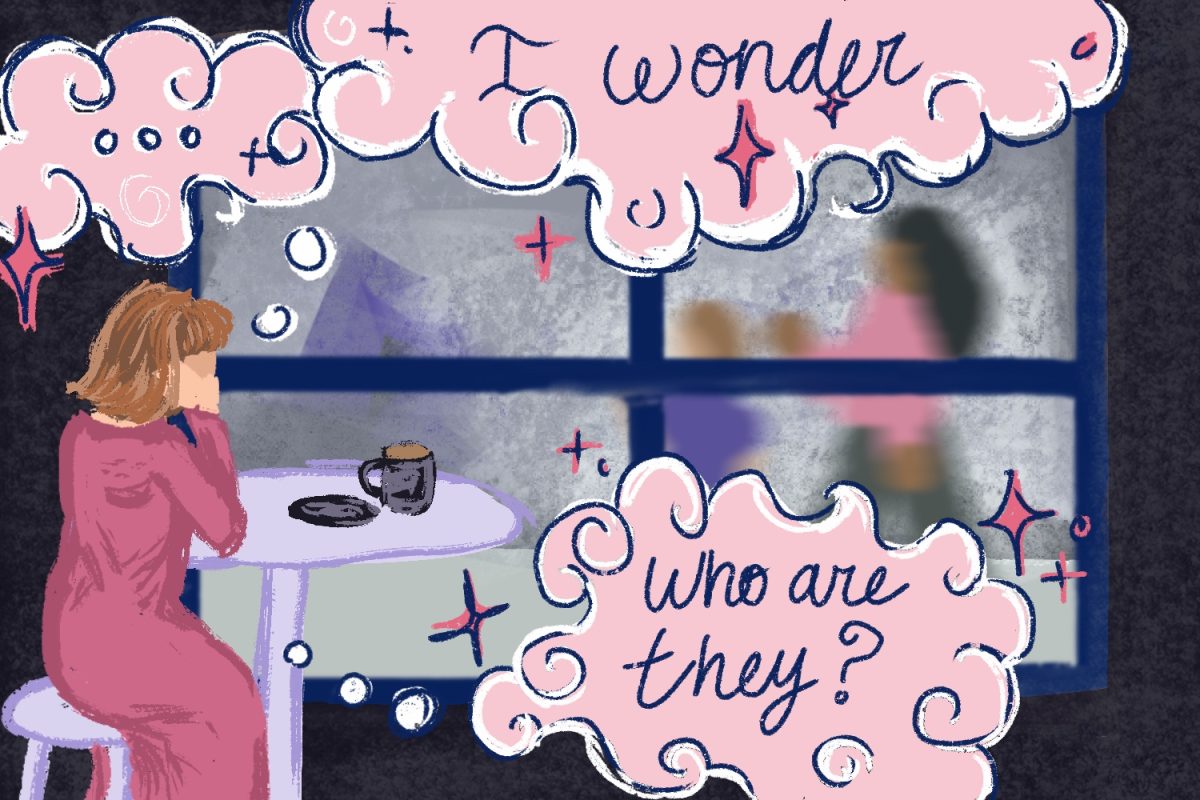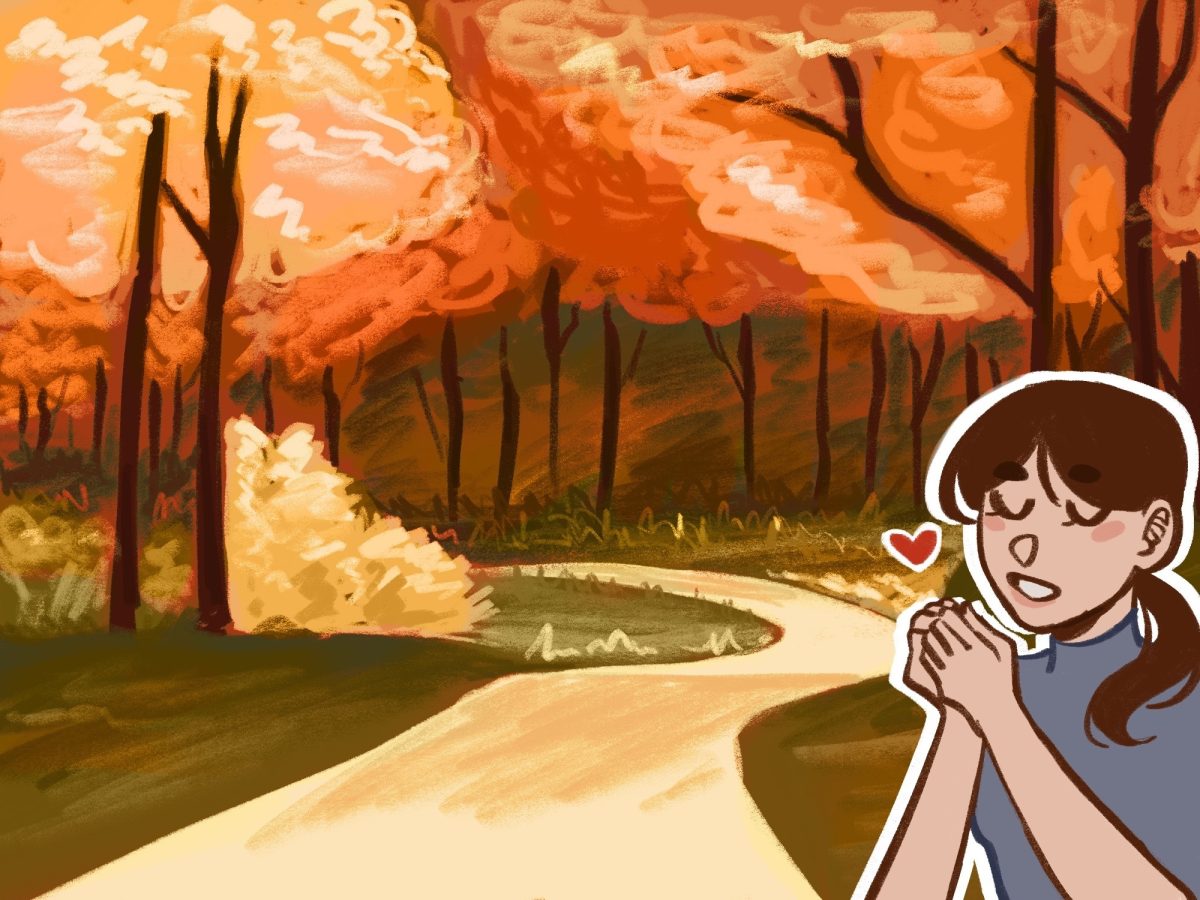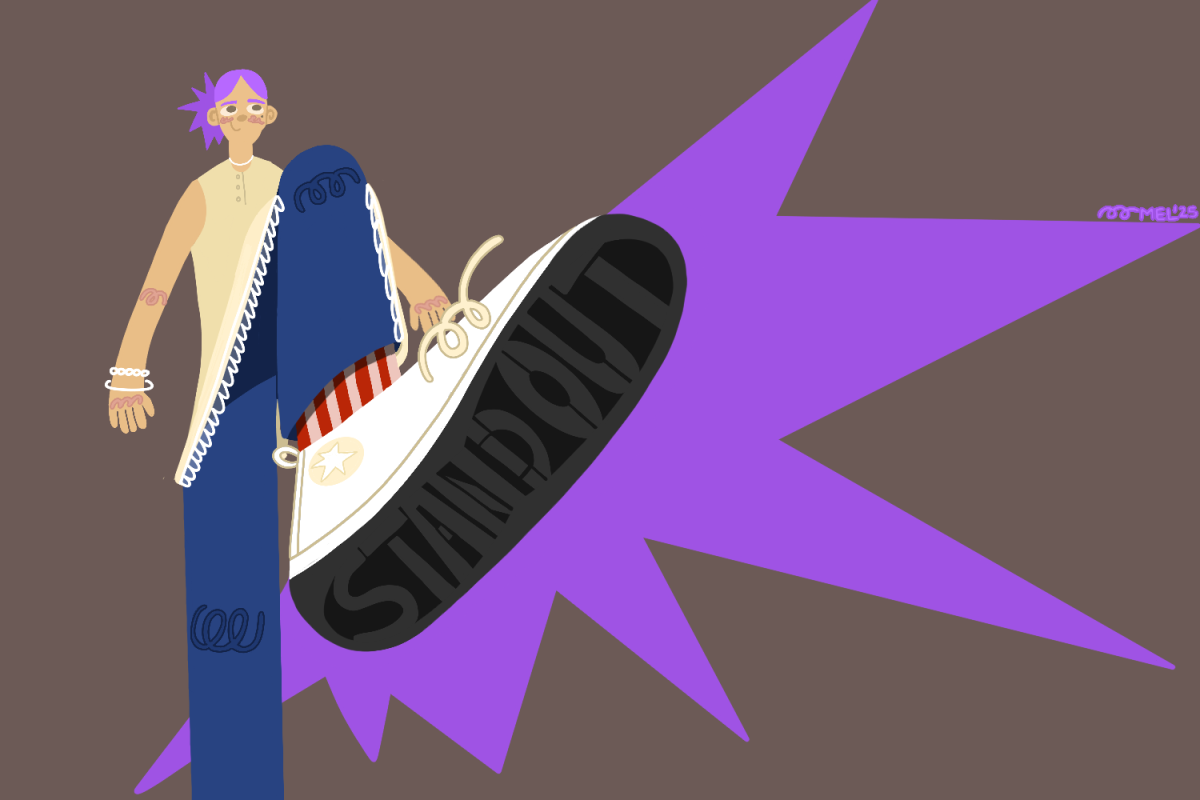
Blending soul, jazz and African beats saturated with synth, siblings Elliot and Natalie Bergman are the two people that form Wild Belle. Their debut album Isles, released in March 2013, has the kind of psychedelic, island-y groove that leaves you breezily swaying from side to side with your arms mimicing the music’s rhythm in the air.
In a dark room at the Paradise Rock Club, Natalie Bergman sat down with The Daily Free Press before her performance on Oct. 9. Tall, blond and lean, Bergman grabbed a beer from the fridge and fell back onto the couch. Her voice, which is clear, sharp and sultry on stage, registered low and hoarse, as she recounted her days at Berklee College of Music — and the musical whirlwind in the years that followed.
Noëmie Carrant: How’s the tour been going so far?
Natalie Bergman: The tour’s been fantastic. It’s been great. We’ve been on the road for almost a month, and we’ve got three more weeks …We’ve been driving from place to place to place, and we actually all had to drive to New York for a gig from Austin, [Texas], which is freaking far.
NC: You attended Berklee College of Music. How is it being back in Boston?
NB: I don’t know (laughs). I took a very long nap in the van today because I was up all night. We played New York’s Bowery Ballroom, which is one of my favorite venues, and we sold out, and I was just like ‘yes!’ It was so cool. It’s just like a dream. But Boston is such a cool city. I love it.
NC: Had you ever been to the Paradise Rock Club when you were a student?
NB: I did, absolutely. I saw Lykke Li. I think I took Eric [Hall, guitarist] and my brother Elliot to that show. I was going to school and they were on tour with their other band, NOMO, and they came to town. And just like the Bowery, the Paradise is also a club that, when I was 18, I used to say “I wanna play here someday.”
NC: Your music combines a lot of styles and genres, but there’s a noticeable African influence. Where did this come from?
NB: I’ve explored a lot of different regions of Africa just by curiosity. I visited Kenya [and] East Africa, and I like a lot of East African music, like Ethiopian music, with lots of cool, rhythmic, jazzy beats. But there’s also West African music, like Nigerian music. But I think that the most influential music of that continent has been South African Zimbabwe. There are two bands in particular that I’ve listened to a lot: The Hallelujah Chicken Run [Band] and Green Arrows. They’re phenomenal. They’re ‘70s Zimbabwe rockers that just play the most amazing music.
NC: Yeah, those beats carry into your music. Reminds me of my Afro-Jazz dance classes.
NB: I did an African dance class at Berklee, and we actually just ripped a bunch of fabric to make skirts. You can see your body’s movements so much more when there’s flying fabric everywhere.
NC: How about the baritone saxophone? That’s an uncommon instrument, an interesting choice.
NB: Elliot’s been playing the saxophone forever. He grew up playing the clarinet. He plays all sorts of instruments now. But I love horns, like James Brown, Etta James, all of those old soul artists … But it’s kind of fun to have just one man be the horns section.
NC: Your song “Shine” was featured in the movie “The Way Way Back.” If you could write the soundtrack to any movie, what would it be?
NB: Sometimes I actually imagine myself in these scenarios where I’m in a movie. It’s a very heartbreaking story about lost love. I’ll sort of make up my own little movies when we’re on long van rides, driving all over the country. There’s lots of time to imagine things. But I hope I can write a soundtrack to a movie. There have been movies that I’ve watched where the scenery is so gorgeous, and the soundtrack [is] so terrible! It almost ruins the movie.
NC: A bit like in the movie “Frida” with Salma Hayek. Sometimes I felt like the music just didn’t click.
NB: Really? I love Frida Kahlo! She’s amazing, a really inspiring person. She’s been through so much in her life and she still made the most beautiful art. It’s something we should think about if we’re ever stuck creatively: just think about this amazing woman that was basically paralyzed and painted like a genius.
NC: A lot of your music comes from a place of sorrow and struggle and love. How did that come about?
NB: Just getting heartbroken, as a simple way of putting it. There are lots of songs that are about my mom, who died when I was younger. That’s sort of how I speak. I had to speak my sadness in melody.
NC: What hopes and aspirations do you have for your music and band?
NB: I hope we can continue to travel like this. I pray that everything goes well. But I want to continue doing this. I love reaching [people] and seeing people singing along to my songs in the crowd. The first shows where people started singing along, I was so emotional. It’s so cool that you can touch people like that and that you can get into them and literally sing back.
And I’m really excited to make the new record. There have been some heavy songs that I’ve been writing lately… I’m just excited to share my music with the world.



